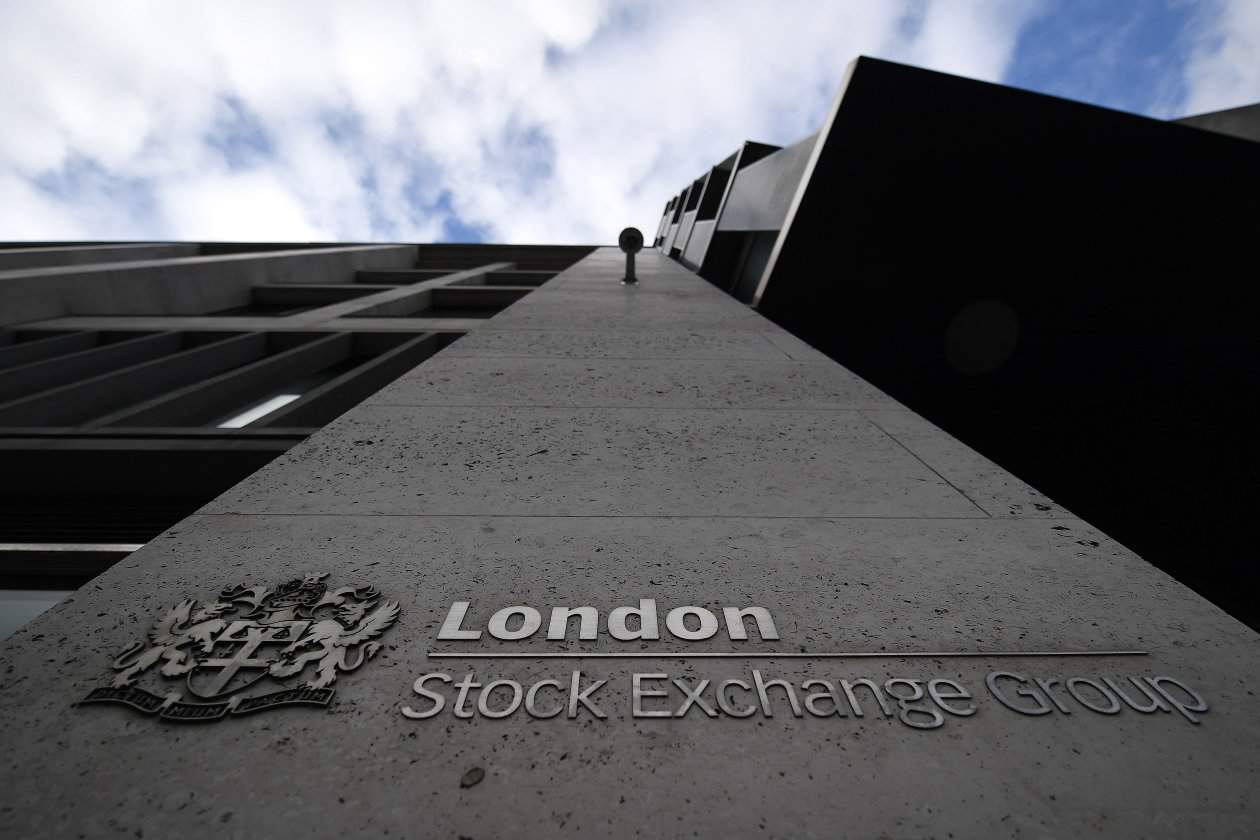
A record 1.2 million shares worth more than $39 billion traded in less than a second on Friday during Nasdaq ’s closing auction. The reason: the end of this year’s rebalancing of FTSE Russell’s widely followed stock indexes.
There are $9.2 trillion pegged to Russell U.S. benchmarks, dwarfing the $29.5 billion linked to the Dow Jones Industrial Average, which made headlines last week by ejecting General Electric Co. after more than a century.
When Russell adds and removes stocks each year to and from its indexes, stocks that are part of the revisions typically experience a trading volume spike 45 times higher than average, according to research from Keefe, Bruyette & Woods. This year, nearly 300 companies were added or dropped from the Russell 2000 alone.
Getting added to a prominent benchmark is akin to gliding past Wall Street’s velvet ropes, a big boost for firms that otherwise hover beneath Wall Street’s radar. Walgreens Boots Alliance Inc. climbed 4.6% following the June 19 announcement that it would replace GE in the Dow, even as the index remained flat. For lesser-known firms, winning a coveted spot in the Russell 2000, a popular index of small companies, helps them win the attention of investors.
“You’re suddenly attractive to all of these investors that couldn’t buy your stock before because you weren’t in their benchmark,” said Melissa Roberts, head of quantitative research at Keefe, Bruyette & Woods, a New York investment bank.
The spike in trading activity underscores how index companies have morphed into some of Wall Street’s most powerful stock pickers. Investors have forsaken active money managers in favor of low-cost passive investments, so when major market benchmarks rearrange their lineups, those changes reverberate throughout the stock market.
The jockeying was evident last month as traders bid up shares of First United Corp. in an effort to push its market value above the $159.2 million threshold for inclusion in the Russell 2000, a popular index of small companies, Ms. Roberts said.
First United’s market capitalization was $132 million on May 9, two days before the deadline to win a spot in the index. Over the next two days, its share price rocketed up 20%. By the time the closing bell rang on May 11, First United’s market value had risen to $159.37 million, making it one of the smallest new entrants to the index.
“There was a lot of interest there in making sure this company made it in,” Ms. Roberts said.
Investors say First United announced stellar first-quarter results on May 9. But professional traders build models designed to predict who will make the cut on deadline day, and the prospect of getting into the Russell had an “accelerating effect” on First United, Ms. Roberts said.
This isn’t a new phenomenon. Ever since index investing emerged in the 1970s, Wall Street has made a cottage industry of betting against it. The annual rejiggering of the Russell indexes is unusually easy to predict, even in the world of plain-vanilla benchmarks, Ms. Roberts said. Firms such as Barclays PLC have become well-known Russell forecasters, and traders start placing their wagers on the changes months in advance.
Jumping In
It took a two-day surge in May to help First United earn a spot in the Russell 2000.
Market capitalization


“These are all signs of a transparent and efficient market, and it helps keep markets orderly as opposed to a surprise,” said Rolf Agather, a managing director at FTSE Russell, a subsidiary of London Stock Exchange Group . He also pointed out that FTSE Russell has altered its methodology over the years reduce turnover, which makes it tougher for traders to front-run their indexes.
Critics say all that speculation can inflate the prices of potential new additions and drag down the stocks that are being removed. Earlier this month, acclaimed investor Rob Arnott, the founder of Research Affiliates, said fund managers who slavishly mimic their index end up buying high and selling low, a hidden cost that erodes returns over time.
The picture isn’t one-sided, Ms. Roberts said. Come rebalance day, passive investors need to buy and sell big blocks of thinly traded shares, and the traders who jumped ahead of the index, will supply much-needed inventory. Passive index-tracking funds had $57 billion of trading to do after Friday’s closing bell to get ready for Monday’s changeover, she said.
Betting against the Russell also isn’t a guaranteed win, said Jared Dillian, investment strategist with research firm Mauldin Economics. Traders aren’t just wagering against the index. They also must outwit each other.
“You’re in this trade with a bunch of other banks and hedge funds,” Mr. Dillian said. “But at some point you have to get out.”

